
Jewelry Designers Throughout history
Discover the fascinating history of Kokichi Mikimoto, the pioneering Japanese entrepreneur who revolutionized the pearl industry by inventing cultured pearls and founding the world-renowned Mikimoto brand.

Kokichi Mikimoto
The Visionary Behind Cultured Pearls
Kokichi Mikimoto, a name synonymous with pearls, transformed the jewelry industry in the late 19th and early 20th centuries. As the inventor of cultured pearls, Mikimoto’s innovation made what was once a rare and highly expensive gem accessible to a broader audience. His relentless pursuit of perfection not only led to the creation of beautiful, affordable pearls but also laid the foundation for one of the most prestigious luxury brands in the world: Mikimoto. This blog delves into the life and legacy of Kokichi Mikimoto, exploring his early years, the invention of cultured pearls, the growth of his brand, his global influence, and the lasting impact of his work.
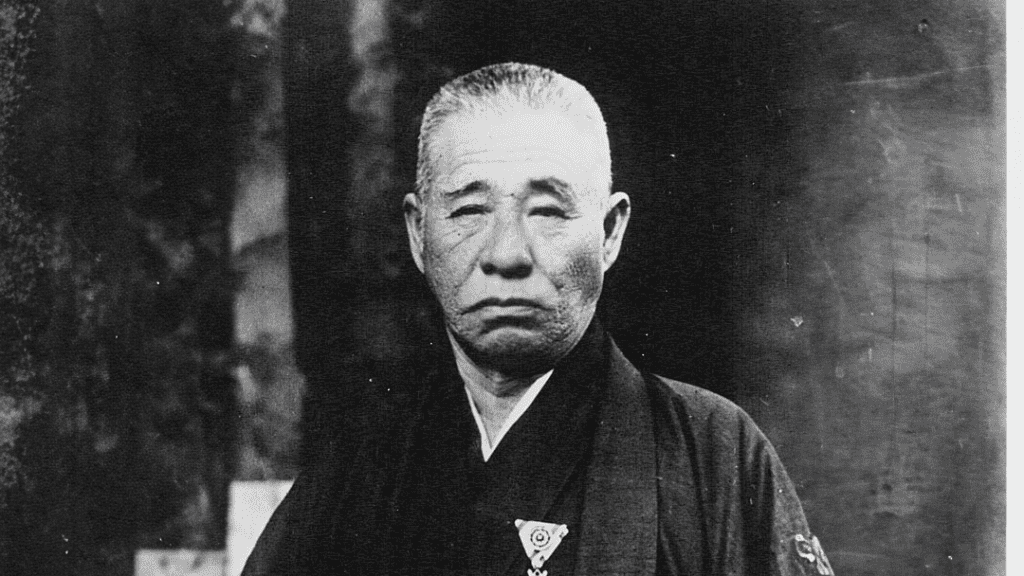
Early Life and Inspiration
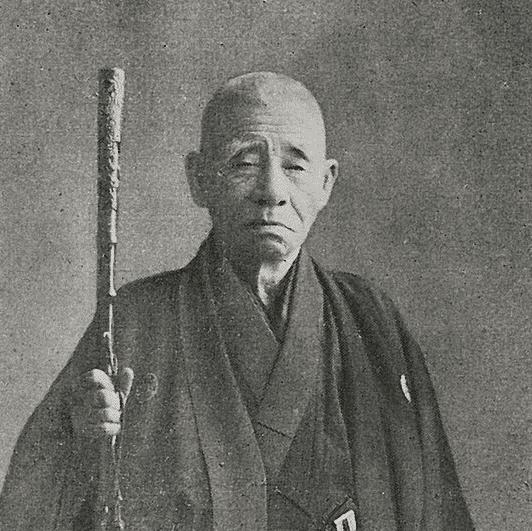
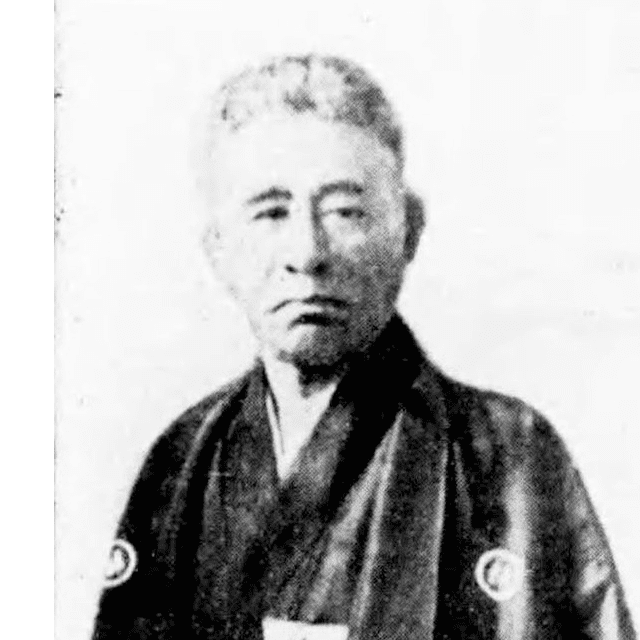
Kokichi Mikimoto was born on January 25, 1858, in the coastal town of Toba, in Japan’s Mie Prefecture. Raised in a humble family that ran a noodle shop, Mikimoto developed a fascination with the sea from an early age. His hometown was renowned for its natural pearls, which were harvested by local divers known as “ama.” These pearls were highly prized but incredibly rare, sparking Mikimoto’s lifelong passion for these lustrous gems. Mikimoto’s early exposure to the pearl industry inspired his dream of making pearls more accessible. Faced with the scarcity of natural pearls, he became determined to create them artificially, a goal that would revolutionize the industry and bring beauty and prosperity to both his family and Japan.
The Invention of Cultured Pearls
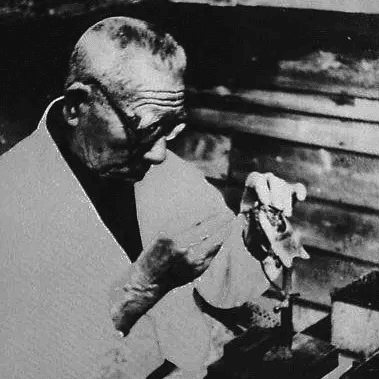
Mikimoto’s journey to creating the world’s first cultured pearl was fraught with challenges. In 1888, he began experimenting with pearl cultivation, driven by a desire to replicate the natural process by which pearls form inside oysters. In 1893, Kokichi Mikimoto, invented a viable technique for producing hemispherical “cultured pearls” in Japan. Mikimoto created this technique of seeding an oyster with an irritant, which is the only difference between a cultured pearl and natural pearl. Mikimoto seeded the oysters with a small bead of mother of pearl. He found that the pig toe clam shell from the Mississippi River has similar genetic properties to the Akoya Oyster he used, therefore it lowered the chance of being rejected by the oyster.
It took Mikimoto another 12 years to culture completely spherical pearls by also inserting a small piece of mantle lobe tissue from another oyster during the seeding process which begins to deposit a nacreous coating over the bead. These pearls rivaled the appearance of high quality natural pearls.
This breakthrough was nothing short of revolutionary. Until Mikimoto’s invention, pearls were so rare and expensive that they were often reserved for royalty and the very wealthy. Cultured pearls, however, were more consistent in quality and could be produced in greater quantities, making them more affordable. Mikimoto’s innovation democratized the luxury of pearls, allowing a broader audience to enjoy these beautiful gems.
The Growth of the Mikimoto Brand
With the success of cultured pearls, Kokichi Mikimoto set out to build a brand that would become synonymous with quality and luxury. In 1899, he opened the first Mikimoto pearl shop in Tokyo’s Ginza district, showcasing his cultured pearls to an eager public. The store quickly gained a reputation for excellence, attracting customers from all over Japan and eventually from around the world.
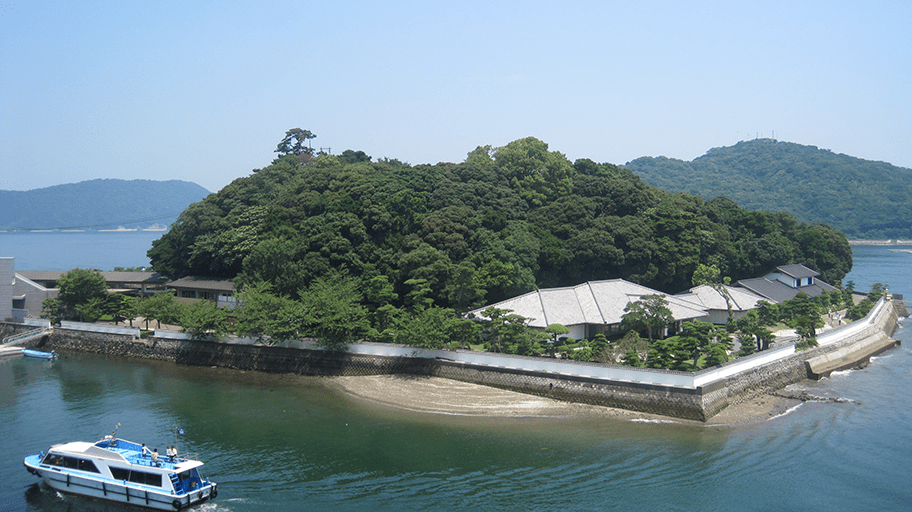
Mikimoto’s pearls were not only beautiful but also meticulously graded for quality, ensuring that each pearl met the highest standards. As demand for his pearls grew, Mikimoto expanded his business internationally. He participated in world exhibitions and opened stores in major cities such as London, Paris, and New York, establishing Mikimoto as a global luxury brand. His vision was to “adorn the necks of all women around the world with pearls,” a dream that his brand continues to fulfill today.
Global Influence and Recognition
Kokichi Mikimoto’s innovation earned him global recognition, with his cultured pearls receiving a silver medal at the 1900 World’s Fair in Paris. Over time, Mikimoto pearls became a symbol of elegance, favored by royalty and celebrities worldwide. Beyond the pearl industry, Mikimoto was an advocate for Japan’s modernization during the Meiji era, inspiring other Japanese entrepreneurs by proving that Japan could compete internationally. His efforts elevated Japan’s reputation as a producer of luxury goods, paving the way for other Japanese brands to gain global recognition.
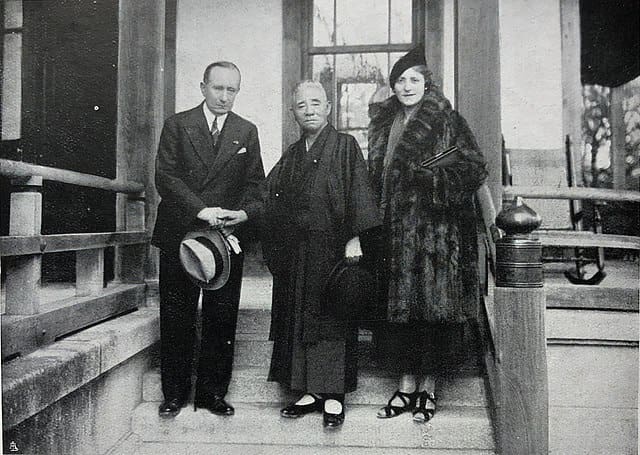
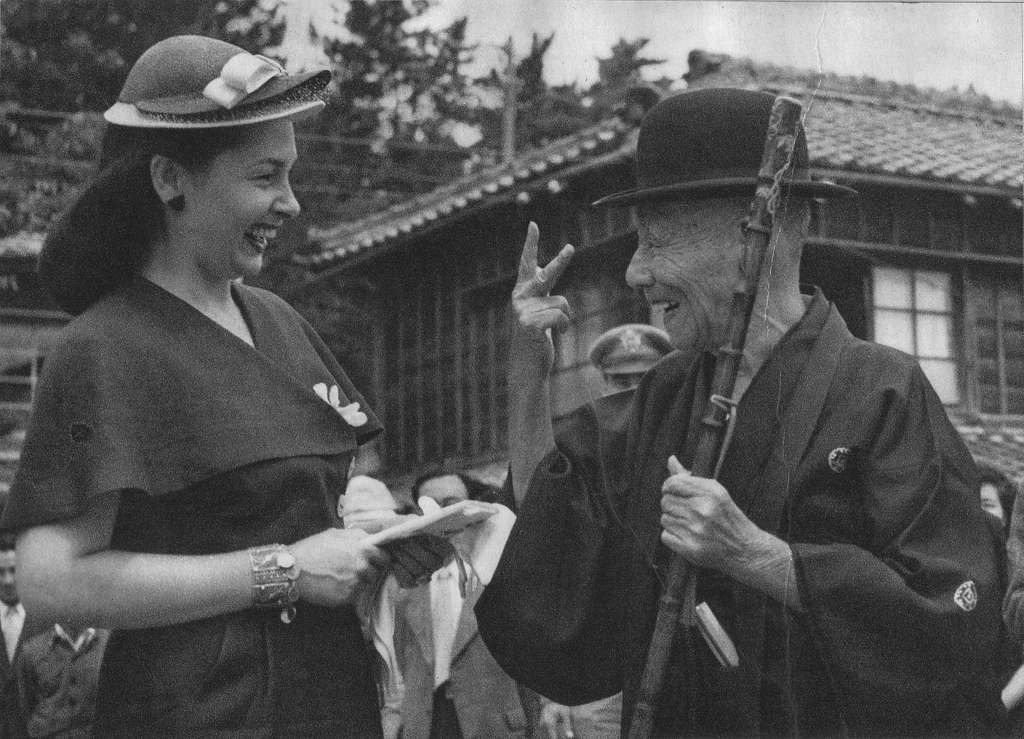
Legacy and Lasting Impact
Kokichi Mikimoto’s legacy is one of innovation, perseverance, and an unwavering commitment to quality. His invention of cultured pearls not only transformed the pearl industry but also created a lasting impact on the global jewelry market. Today, the Mikimoto brand is synonymous with luxury and excellence, continuing to set the standard for cultured pearls.
Mikimoto passed away in 1954, but his influence lives on. The techniques he developed are still used in pearl farming today, and his brand remains a leader in the industry. Mikimoto’s dream of adorning the necks of women around the world with pearls has been realized, and his name continues to be celebrated as one of the most influential figures in the history of jewelry.
Resources:
- Our Story: https://www.mikimoto.com/
- The story of Mikimoto and the King of pearls: https://somethingaboutrocks.com/
- Kokichi Mikimoto¹ by Agence de presse Mondial Photo-Presse: https://commons.wikimedia.org/
- 2 Kokichi Mikimoto by Unknown author: https://commons.wikimedia.org/
- 3 Kokichi Mikimoto by Unknown author: https://commons.wikimedia.org/
- 4 Kokichi Mikimoto by Presseagentur Weltbild: https://commons.wikimedia.org/
- 5 Mikimoto Island by ccfarmer: https://commons.wikimedia.org/
- 6 Mikimoto Pearls Piece by Mikimoto: https://www.mikimotoamerica.com/
- 7 Kokichi Mikimoto by Davide Mauro: https://commons.wikimedia.org/
- 8 Kokichi Mikimoto by 有川保(朝日新聞中部本社) / Tamotsu Arikawa (Asahi Shinbun): https://commons.wikimedia.org/
- 9 Kokichi Mikimoto by Unknown: https://commons.wikimedia.org/
- Blog outline and revising assisted by AI resources such as Google Gemini.
Inspired by Kokichi Mikimoto?
If Kokichi Mikimoto’s story sparks in you a passion to challenge conventional boundaries or to blend elegance with innovation, My Jewelry Repair is here to make your vision a reality. Let us be your partner in restoring a piece of jewelry that doesn’t merely decorate but tells the unique story of your personal journey, continuing the legacy of creativity and transformation.

Check Out the Magic of Our Jewelry Services!
